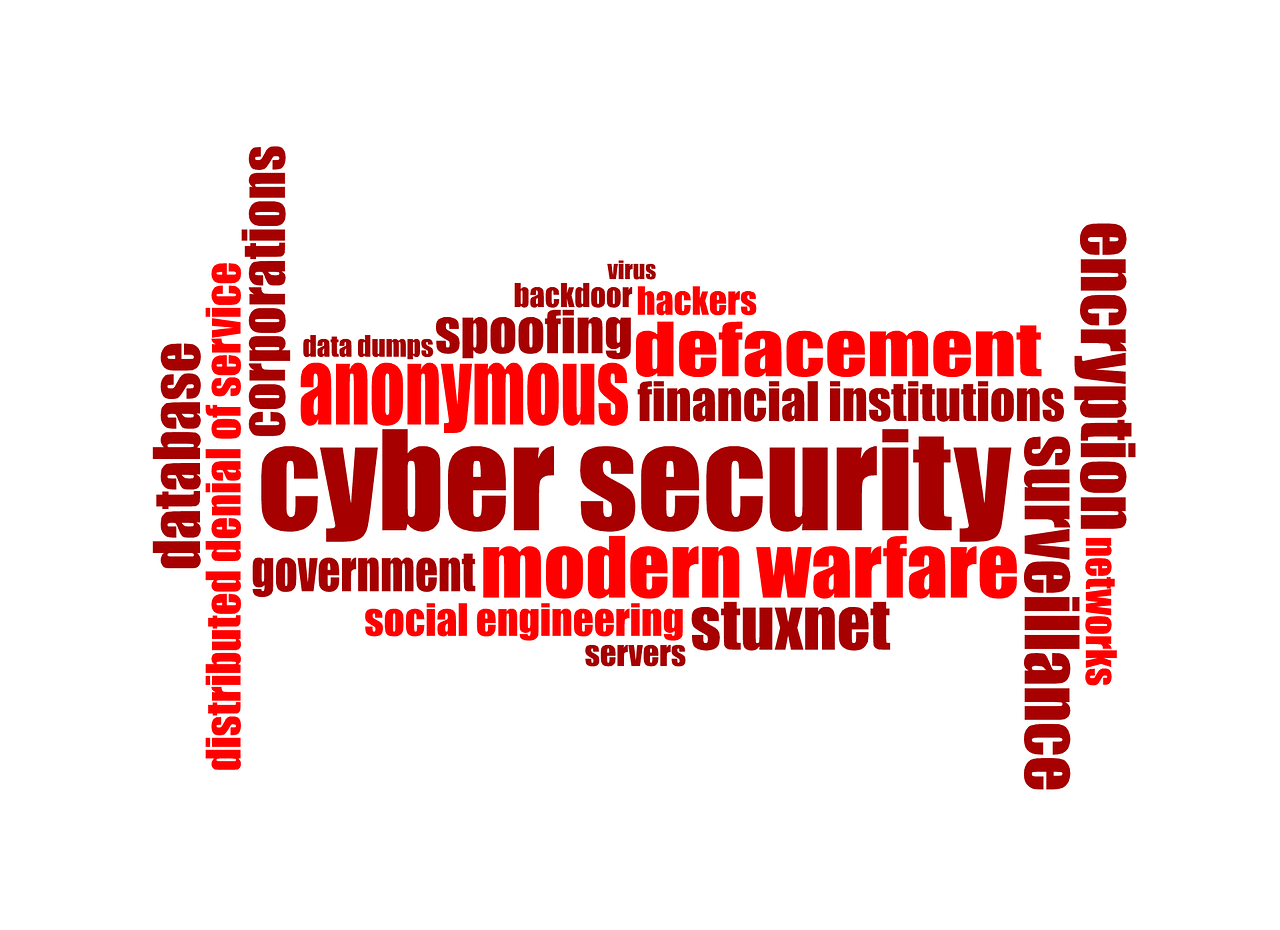
What Should your Organization do If a Security Breach is Inevitable?
by Josh Biggs in Business on 19th August 2019Cybercriminals are always on the lookout for opportunities to find weaknesses. They seek ways to sneak into organizational systems and exploit information. Due to digital transformation, the opportunity of a data breach has widened tremendously.
Every business community today is battling with an inconvenient truth. There is not a week that goes by without some form of a data breach mentioned in headlines. In the first half of 2019 alone, there have been substantial data breaches that have impacted millions of people around the world.
When data breaches take place, the consequences can be brutal. A study reveals, that in the retail sector alone if a retailer’s business has been breached, over 20% of consumers would completely stop spending money on the retailer. More than 32% of the participants agreed that they would stop shopping at the retailer for a while. Losing 20% of a customer base can impact the bottom line significantly. Besides, new regulations, such as GDPR have put fear in the heart of business leaders on the prospects of hefty fines over data breaches. For instance, one report states that Facebook could have paid over $ 1.4 billion in fines alone for the Cambridge Analytica scandal. Similarly, the prospect of paying over 4% of the annual turnover as a fine for small businesses would significantly impact their bottom line.
The outcomes of a data breach, ranging from financial loss, loss of customer base, loss of reputation, substantial fines, etc. can damage and unnerve the organization while placing the business in jeopardy. Given the situation, Chief Information Security Officers (CISOs) may want to look into their budgets to fight against cybercriminals. However, most organizations are struggling internally on the right budget to address data security.
There are numerous reasons why document security is sometimes is bundled along into the broader IT budget. A comprehensive IT budget includes digital technologies, cloud, and different IT assignments. Unfortunately, it becomes even more difficult for the IT department to guarantee that their company will not suffer a data breach in spite of an exclusive budget. This further complicates issues on getting the necessary finances to fund document security.
Although, from a business point of view, the management and leadership board looks to improving the bottom line rather than investing in a budget for document security that may not offer a sure-shot guarantee on safety. Reasonable business protocol prescribes investment must only be made when a return is issued. However, although it may appear debatable, the question that organizations need to ask is whether data breaches are actually inevitable.
A survey reveals that more than 85% of CISOs consider data breaches to be inevitable. With the widening of digital transformation, cybercriminals are obtaining increased opportunities of finding weaknesses and gaining access to data systems to steal document data. In addition, the adoption of the cloud, the rising ability of the working staff, and the increase of digital channels have contributed to enhancing risk factors. Besides, malicious insiders or employees are also on the worry-radar of CISOs.
This is why business leaders need to stop asking, “can I prevent an attack?” Since attacks are likely to take place at any time, businesses must ask themselves if they will be able to detect a data breach quickly enough and have the means and resources of responding swiftly and comprehensively to reduce or nullify its impact. In short, organizations can no longer live with the thought of preventing data breaches anymore. With regards to targeted and highly elaborated attacks, the top priority of every business must be instant detection and response.
Business leaders must understand that it makes every sense to invest in document and data security. This can ensure that their very nature and security teams can immediately address any hacking attempts. On average, a data breach can cause a large organization up to $ 1.5 million in damages. However, with the necessary protection measures in place with document security, this cost can be minimal or nothing at all.
Protecting intellectual property, such as documents, sensitive and classified reports, PDFs, training modules and more is imperative for every organization. Through Digital Rights Management copy-protection software, you can safeguard your company’s documents and PDF files by preventing unauthorized access and distribution of such data. Reputed document protection software with DRM controls, that employs US government-strength encryption, real-time licensing and public key technology to protect your data from end to end is a must. Hence, it makes every sense for every organization, big or small, to invest and budget for document security for their organizational data.

